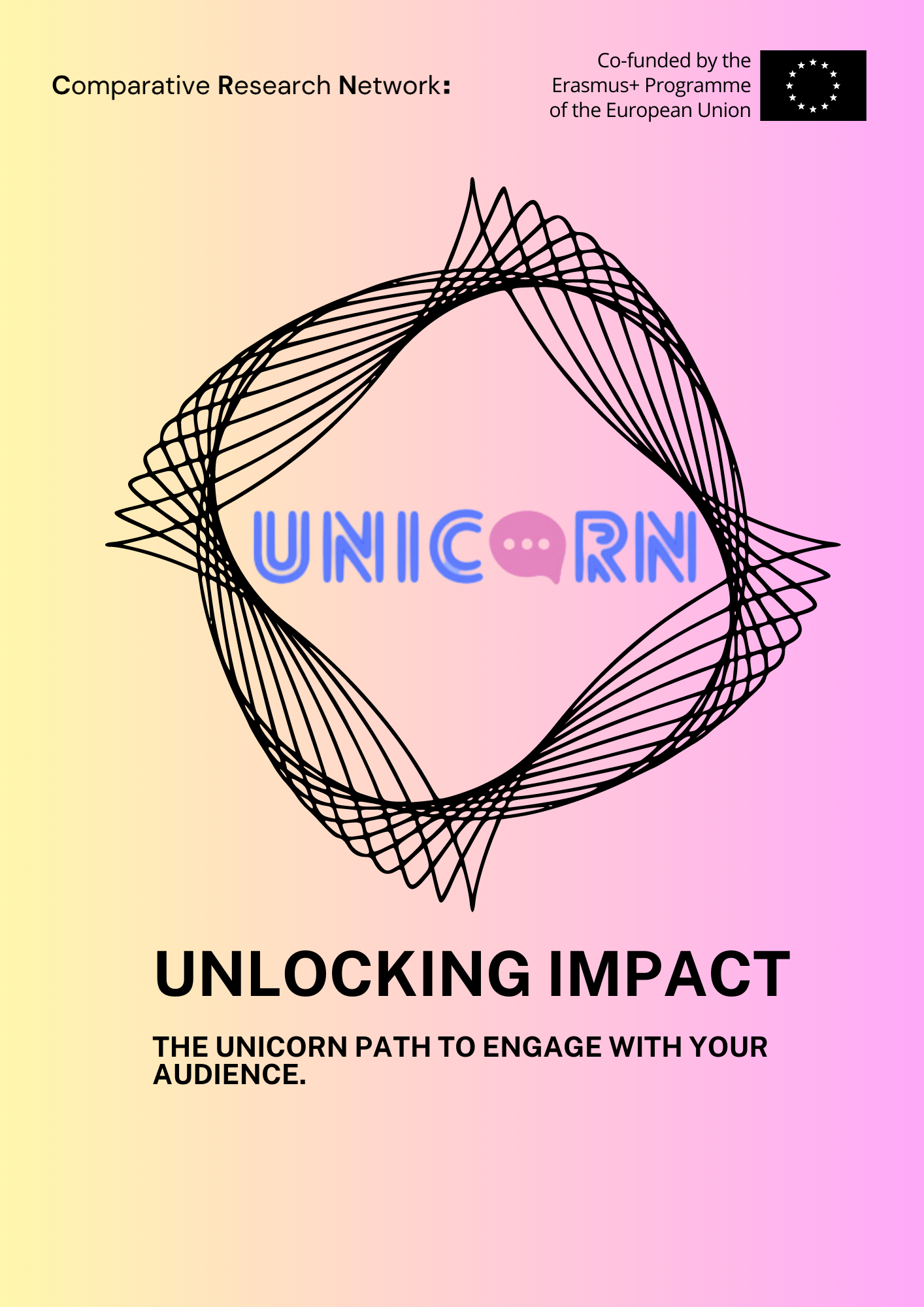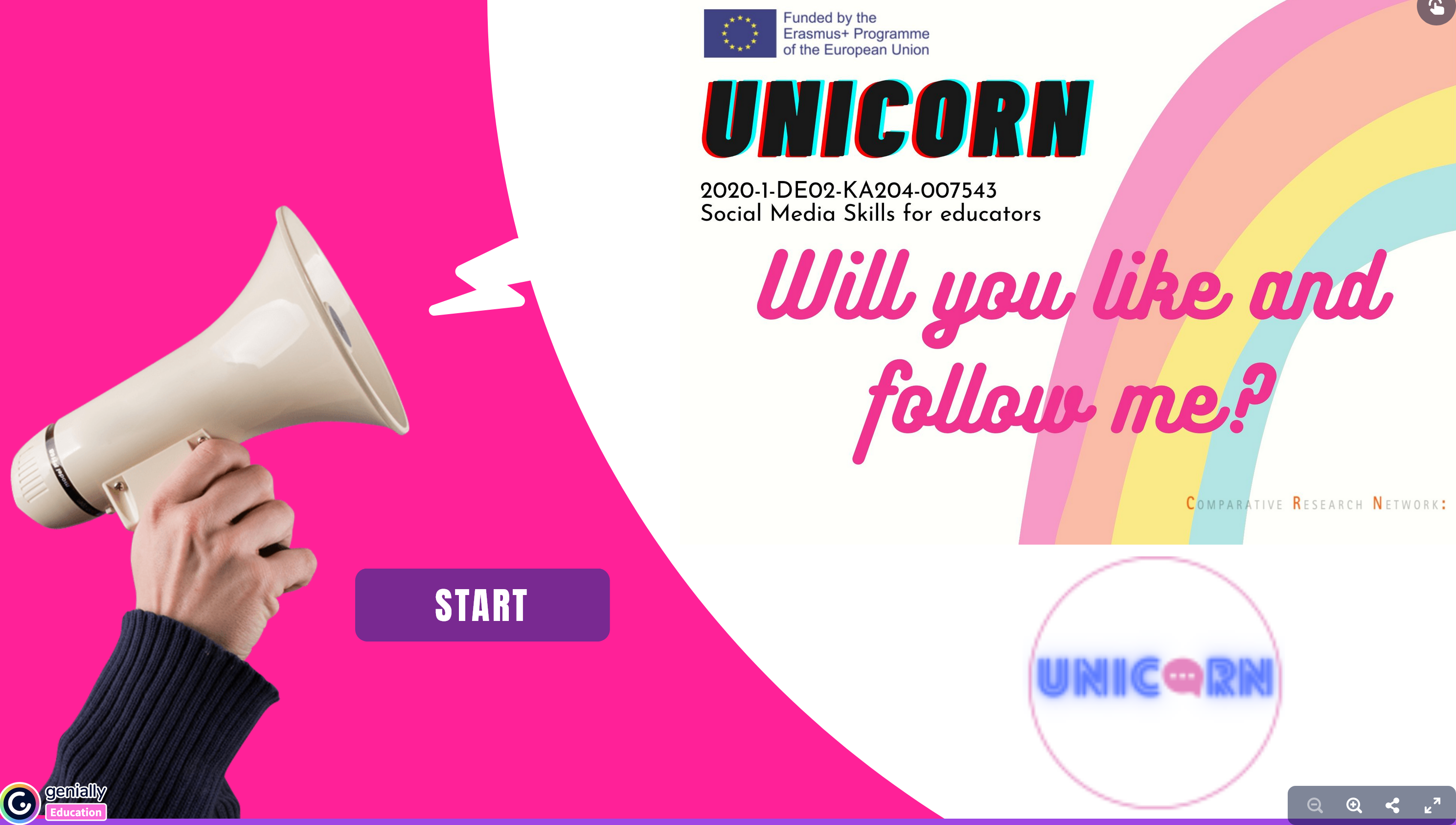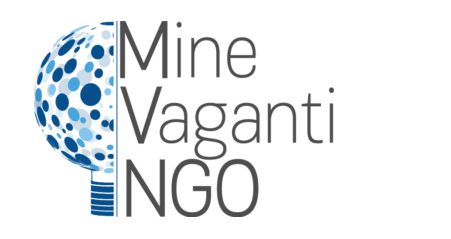The UNICORN project embarked on a transformative journey aimed at addressing the needs and gaps within participating organizations while also providing a roadmap for all adult education providers to enhance their impact. With a specific focus on increasing outreach and dissemination capabilities within European Adult Education, the project sought to develop potential training plans for educators to improve their social media skills. In an article published on EPALE, the importance of social media skills was highlighted, underscoring their underdeveloped but advantageous nature.
One of the key advantages of leveraging social media platforms was their flexibility. Operating 24/7, these platforms enabled students to access learning materials whenever and wherever they desired. Furthermore, teachers had the potential to engage with students in real-time, offering immediate problem-solving assistance. The collaborative nature of social media also proved highly stimulating for learning, as it facilitated seamless collaboration among learners. Additionally, social media’s integration into our everyday lives fostered a real-world connectivity that made learning more tangible and relatable. Importantly, social media allowed learners to actively participate in resource discovery and sharing, leveraging its real-world connectivity to enhance the learning experience.
Within this ecosystem, the UNICORN project aimed to explore, review, discuss, apply, and test practices that would lead to improved strategies for reaching and engaging target audiences, ultimately enhancing the competencies of personnel and organizations operating in adult education.
To achieve its overarching goal, the project’s implementation phase resulted in six main outcomes:
Result 1: The elaboration of at least 50 evaluations of smart practices focusing on creating impact through effective communication. Result 2: The development of an input and an Impact Training program. Result 3: The creation of an interactive map showcasing European practices that have successfully generated impact. Result 4: The formulation of pedagogic guidelines. Result 5: The publication of the UNICORN eBook, a comprehensive resource designed to assist non-formal adult education providers in increasing their impact. Result 6: The formulation of action plans to integrate the identified practices into the impact strategies of the project’s partners.
The UNICORN project thrived on the exchange of smart practices, with transnational meetings serving as the cornerstone of face-to-face interactions. These meetings, which lasted a minimum of two days, played a vital role in structuring the project’s activities. Each partner hosted one meeting, bringing together staff members responsible for project administration, management, smart practice assessment, editing, and teaching.
By fostering collaboration, knowledge sharing, and the integration of innovative practices, the UNICORN project empowered NGOs operating in the adult education sector to create a more significant and lasting impact. Through its comprehensive outputs and transnational meetings, the project provided a dynamic platform for enhancing the competencies of individuals and organizations, paving the way for a more effective and influential adult education landscape.








